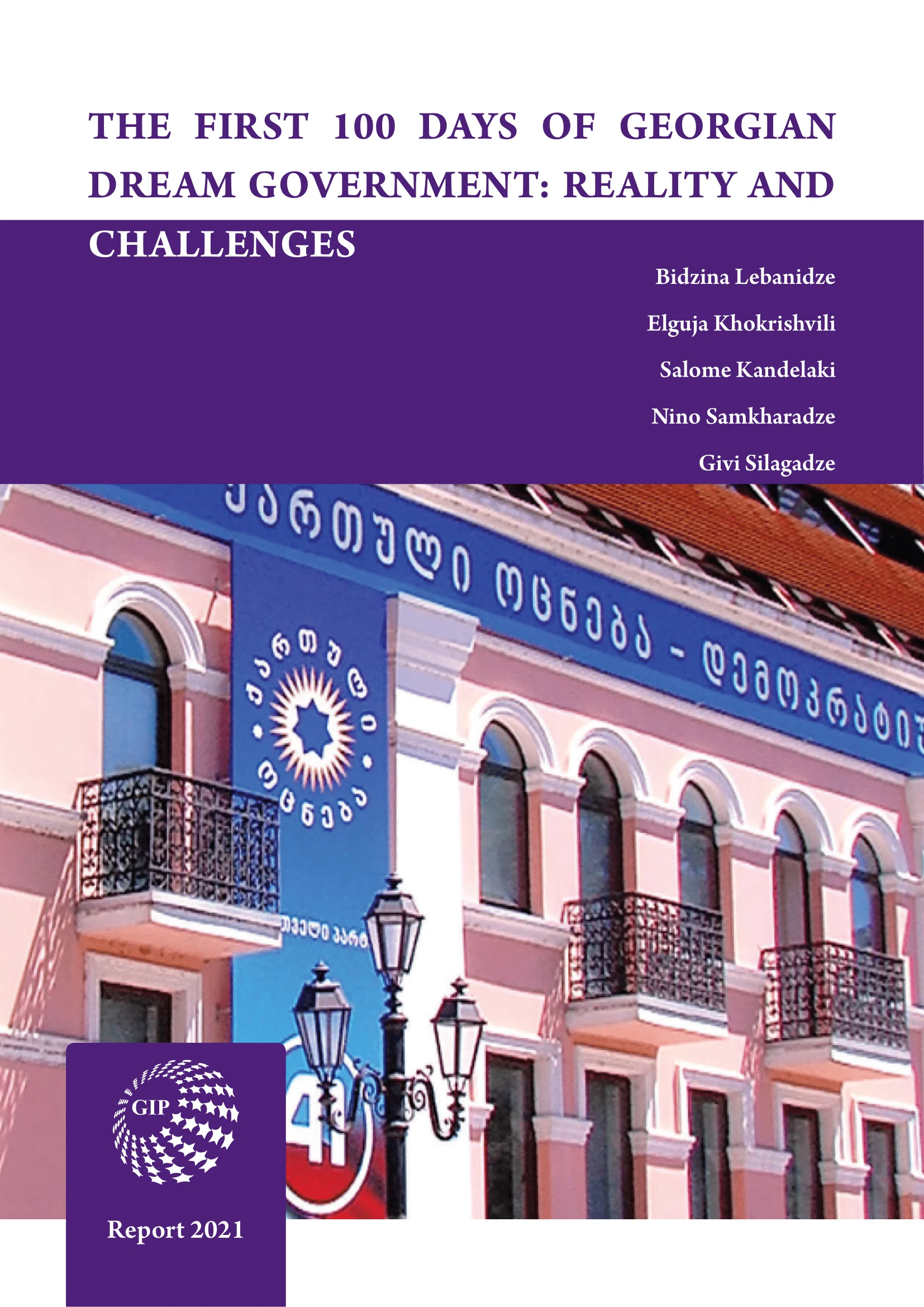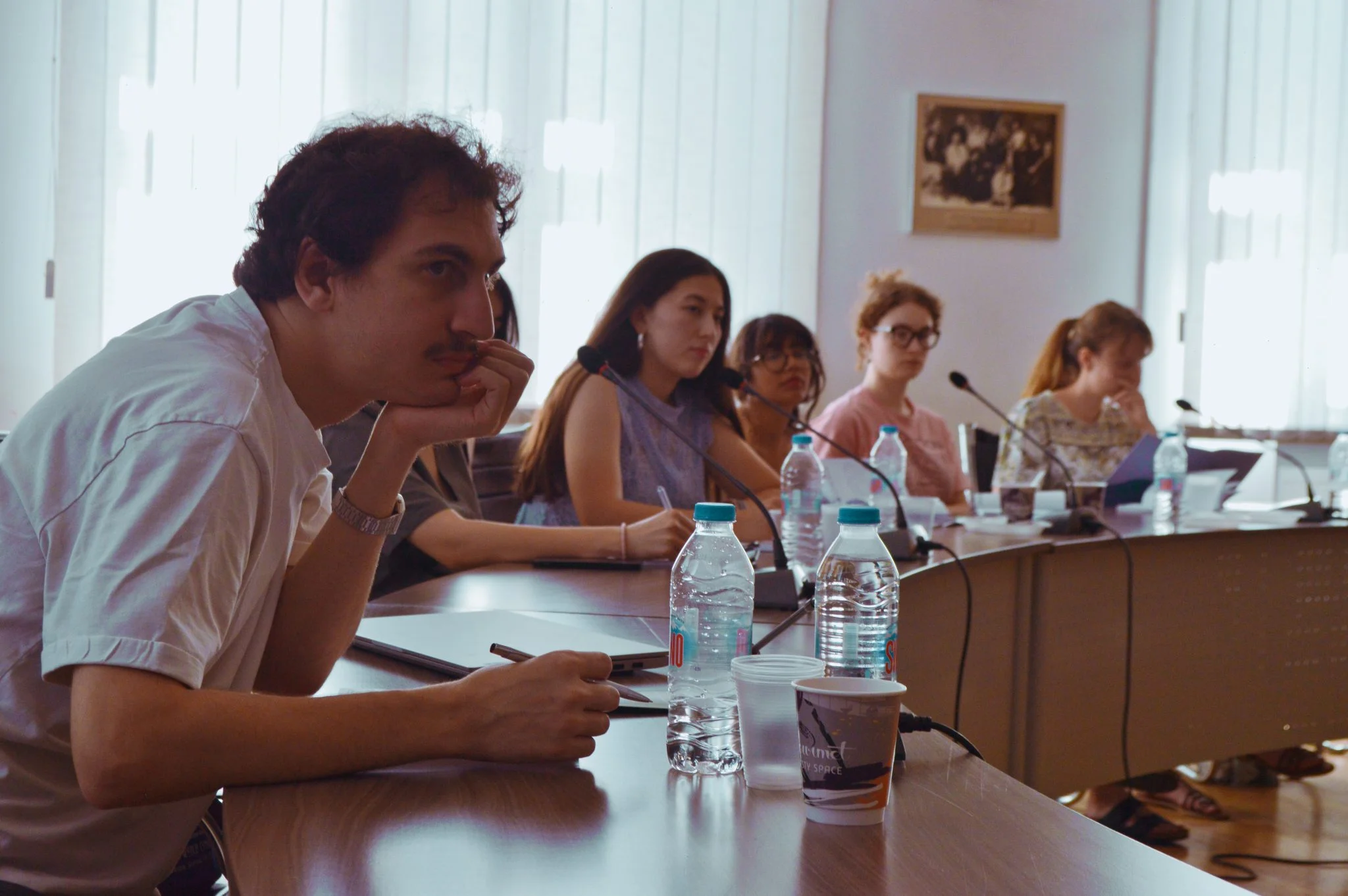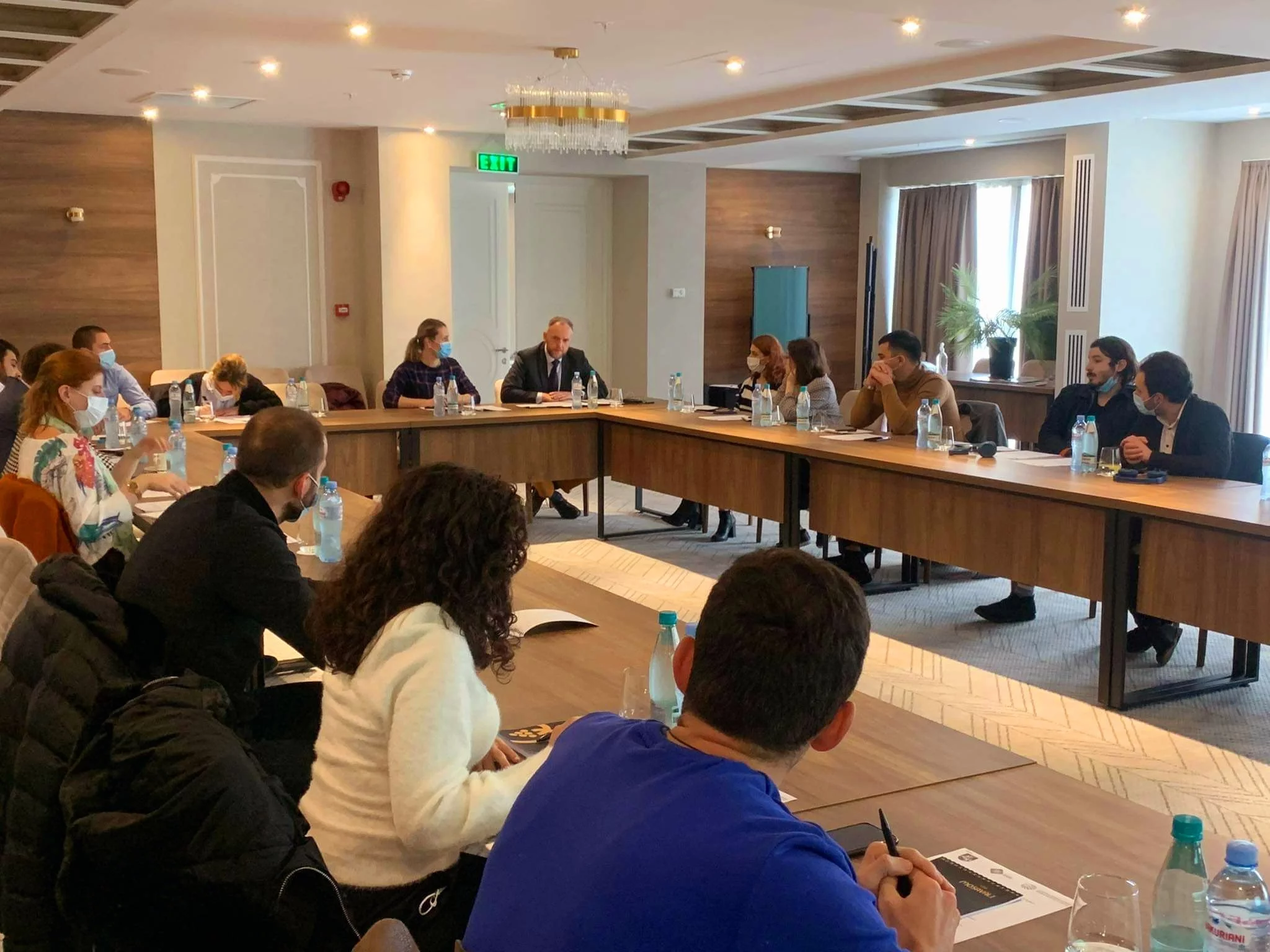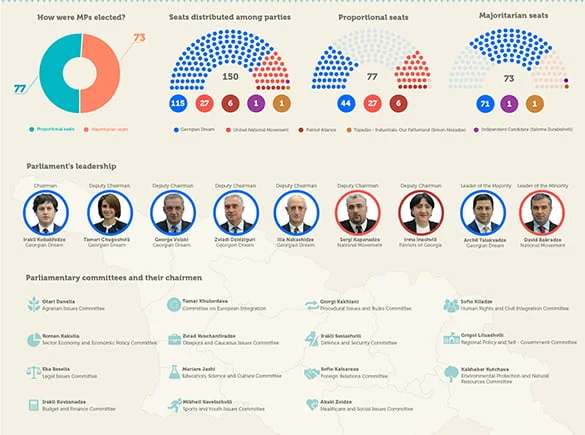2017-04-27 17:44:15
Strong political parties represent the cornerstone of consolidated democracies. Parties contend for office in elections. Therefore, a strong link between parties and voters is of primary importance to the success of elections. Strong and stable party-voter linkages ensure that democracy is stable, as voters are aware of what to expect from elected parties. Consequently, party ideological programs are key. As Georgia’s democracy matures, the country’s political parties must follow suit in order for democracy to be consolidated. Accordingly, Georgia’s parties should consider the nature of their linkages with the electorate. Studies show that party-voter linkage is most stable when on programmatic lines, a factor which diminishes the chance of unexpected policy turns. Therefore, this paper examines the challenges Georgian parties face on their path toward becoming more ideology-driven. The paper examines how party programs correspond to party ideologies, how party programs reflect public opinion, and why and how young people decide to join political parties. This is achieved by: analyzing public opinion data from three different nation-wide polls; undertaking content analysis of seven major political party programs; and conducting focus group discussions with junior members of seven parties regarding their motives for joining the party of their choice. Findings show that: only three parties out of seven have ideologically-matching names and/or rhetoric and pre-election programs; more successful parties tend to better reflect public opinion than do less successful parties; and young Georgians tend to be more likely to prioritize personal networks, career opportunities, and ideology than the importance of a charismatic political leader when making decisions about which party to join or give loyalty.










